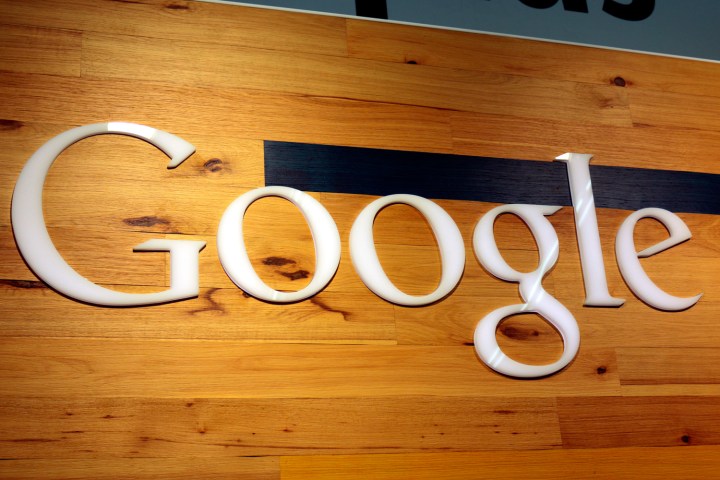
That said, head into Google Play’s Devices section and there is no sign of a Pixel-branded laptop. Instead, customers will find Chromebooks from third-party manufacturers. These includes the $449 Samsung Chromebook Plus, the $300 Acer Chromebook R11, the $300 Acer Chromebook 14, and more.
Osterloh has now circled back on his original statement to clarify that Google hasn’t actually committed to a withdrawal from the market. Rather, he clarified in a recent tweet that Google simply isn’t talking about its plans at the moment.
Hey all, Google's own Chromebooks aren't "dead" as has been reported. They will live on, we just have *no plans to share at this time* ;)
— Rick Osterloh (@rosterloh) March 2, 2017
But don’t let Google’s current silence be misleading. The Chrome OS platform will continue as an alternative to Windows and MacOS. Osterloh said that Google has “the number two market share in the U.S. and U.K.” but there is simply no announced plan to continue producing Google-branded laptops at the moment.
The situation is interesting given that the Windows platform dominates most of the PC market followed by MacOS 10.12 (2.75 percent) and Linux (2.27 percent). Regardless, Chromebooks are a big business in the educational and budget-friendly notebook sectors. Even more, owners love their Chromebooks due to their ease of use, their speed, and their stability.
Google’s first Pixel laptop arrived in February 2013. Like its eventual successor, the unit served as a flagship for Chrome OS, showing what third-party manufacturers should strive for when creating their own Chromebook solutions. The second model arrived in March 2015, raising the bar with high-end components, loads of system memory, Wireless AC connectivity, and more.
That said, Google’s Pixel Chromebooks didn’t come cheap. The original Pixel sold for $1,300 with Wi-Fi only and $1,450 for the LTE version. The two 2015 models weren’t quite as expensive, selling at $1,000 for the base configuration (i5-5200U, 8GB DDR3 memory, 32GB storage) and $1,200 for the LS configuration (i7-5500U, 16GB DDR3 memory, 64GB storage).
Going forward, Google simply may not need to produce another flagship product because the quality of affordable, third-party Chromebook solutions has increased over the years. The HP Chromebook 13 is a good example with a starting price of $500. The most expensive starting point ($1,040) consists of a sixth-generation Core m7-6Y75 processor, 16GB of system memory, 32GB of internal storage, and a 13.3-inch screen with a 2,560 x 1,440 resolution.
Despite Google’s current pause in the laptop market, the Pixel name isn’t dead. Google’s Pixel-based smartphone has proven to be quite popular, causing supply issues and the inability to meet consumer demand. The company also has the Pixel C tablet for $600 which is based on Android 7.0 “Nougat” and not the Chrome OS.
More Pixel devices could be on the way. Osterloh indicated that future products may don the Pixel name that are based on Google’s concept of building a product from the ground up that fuses together its own software and hardware. Laptops, it seems, aren’t part of the broader picture for now — or, at least, Google just isn’t talking about them.
Updated on 03-02-2017 by Mark Coppock: Added Google’s clarification that its Chromebooks will continue but that it is not sharing its plans.
Editors' Recommendations
- Google quietly launches a new text-to-video AI app
- Google is changing everything you know about Chromebooks
- Google Earth updates cool Timelapse feature with new imagery
- Check your inbox — Google may have invited you to use Bard, its ChatGPT rival
- These are the new AI features coming to Gmail, Google Docs, and Sheets



